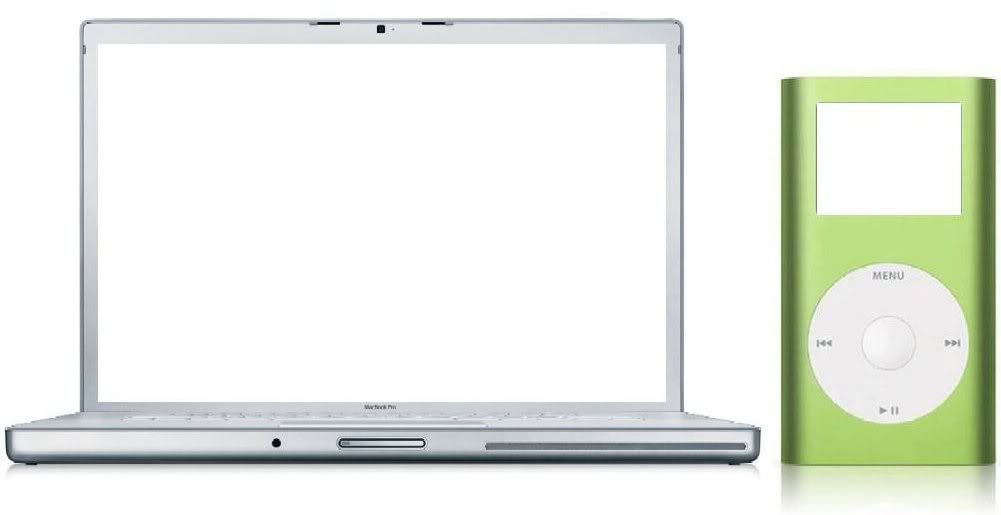Hidden Nook
"Because in Cyberspace, no one can hear you scream."
Tuesday, April 26, 2005
Melting Moon Dust Into Solar Panels
[Media Source*] (Cross Posted on Blogger News)
Here's how local scientists propose to power the first human outpost on another world: Launch a rover to the moon and melt its dusty soil into acres of electricity-generating solar panels. A year later, when astronauts arrive, all they have to do is plug into the grid...
The scientists simulated in a vacuum chamber what their rover would have to do -- melting a sample of soil identical to that brought back from the moon by astronauts and solidifying it into a smooth sheet of glassy material that could convert light into electricity.
If fully developed this technology would shave off some of the cost of transporting solar panels to the moon. Although it is doubtful that this technology would replace the current solar panels who are able to convert 17% of the energy that hits them into electricity while these melted "lunar panels" so far only convert 1% (but scientists are claiming they can raise that as high as 5-10%). Either way it won't matter as long as they establish a base at this location, otherwise it would be more efficient to just ship them to the lunar surface.
Although it seems that these guys have more on their minds than just providing a few colonies on the moon with electricity.
If powering a moon base seems ambitious, it's a mere steppingstone to an even grander goal of Freundlich and other colleagues at UH, including physicist David Criswell. The plan, originally conceived by Criswell, calls for covering much of the moon's surface with solar panels and beaming the electricity by microwave back to Earth.
About 13,000 terawatts of sunshine falls on the moon, about 100 times the amount of all the energy used on Earth. By harvesting just a fraction of that solar energy and returning it to Earth, there would be cheap and unlimited power for all.
Although this idea does seem noble, the very thought of electrical beams dropping from the skies towards Earth may be disconcerting to the masses on the planet (since unlike many satellites the moon would be in constant orbit around Earth). Also if their ever was an eclipse (solar and lunar) there would be massive power outages for any nation depending upon that energy.
The idea is brilliant for the lunar surface however and hopefully NASA will take a cue and begin to explore these and other options coming from the private sector.
Deutsch ⢠Español ⢠Français ⢠Italiano ⢠Portugese ⢠æ¥æ¬èª ⢠íêµ â¢ æ±è¯
Comment Policy: Comments posted here do not necessarily reflect the views of this site or the authors, and are the legal responsibility of the original commenter. Intelligent opinions welcome. Comment here.
By Darnell Clayton ⢠12:57 AM ⢠Email Post ⢠â¢
Enter your email address below to subscribe.
Button Membership
















Important Information
View Blog Stats
Plus 10,667 hits before August 12, 2005

This work is licensed under a Creative Commons Attribution 2.5 License.
Opinions expressed here do not reflect the views of anyone that I work with, for, or associate with in any manner.



